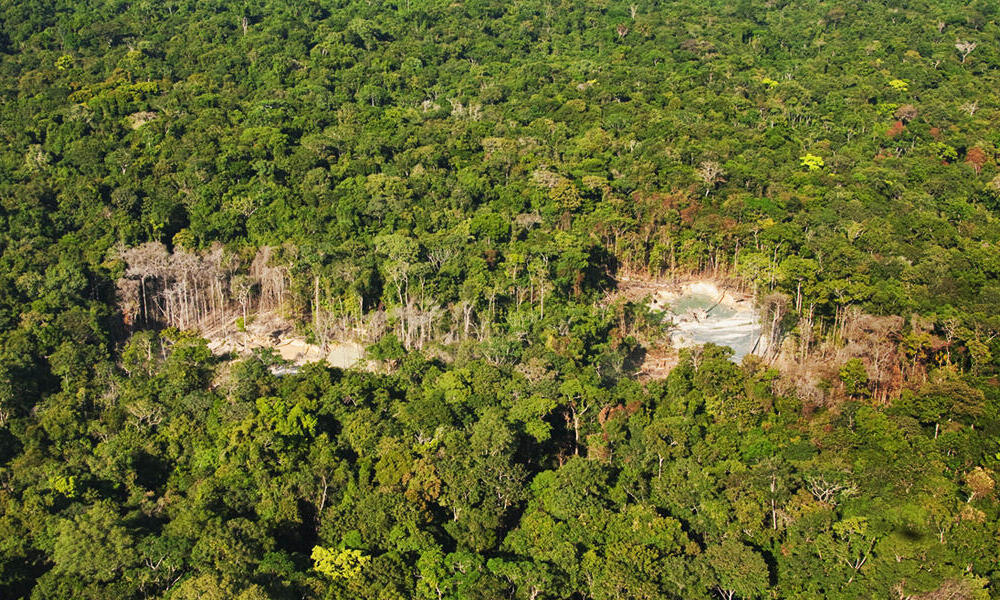Achieving a clean energy future presents a paradox: the very minerals essential for renewable technologies often come at the expense of ecological integrity. As the demand for clean energy sources like solar panels, wind turbines, and batteries surges, so does the pressure on mining operations, which can lead to habitat destruction, biodiversity loss, and significant carbon emissions. The challenge lies in balancing the urgent need for these minerals with the imperative to protect our natural environments. Without addressing the environmental costs of mineral extraction, the transition to sustainable energy could inadvertently exacerbate ecological degradation, undermining the very goals it aims to achieve.
To mitigate the adverse effects of mining, a multifaceted approach is essential. This includes adopting sustainable mining practices, enhancing recycling efforts, and investing in alternative materials that reduce reliance on traditional mining. Key insights suggest that integrating environmental considerations into mining operations can lead to more responsible resource management. By prioritizing ecosystem preservation and fostering innovation in material science, stakeholders can create a pathway that supports both clean energy initiatives and ecological health. The implications of these strategies extend beyond immediate environmental benefits; they can also drive economic resilience and foster public trust in the clean energy transition.






